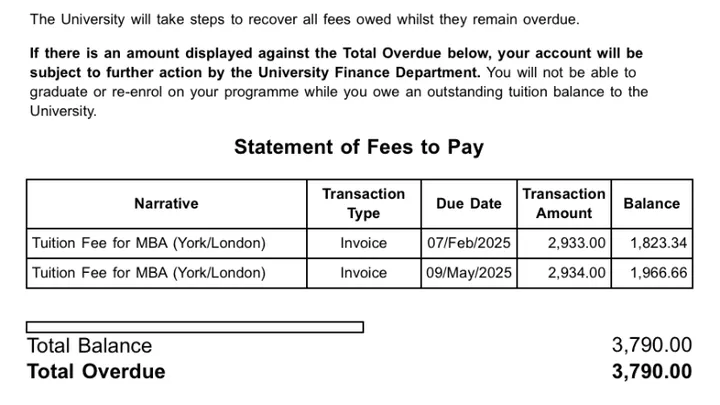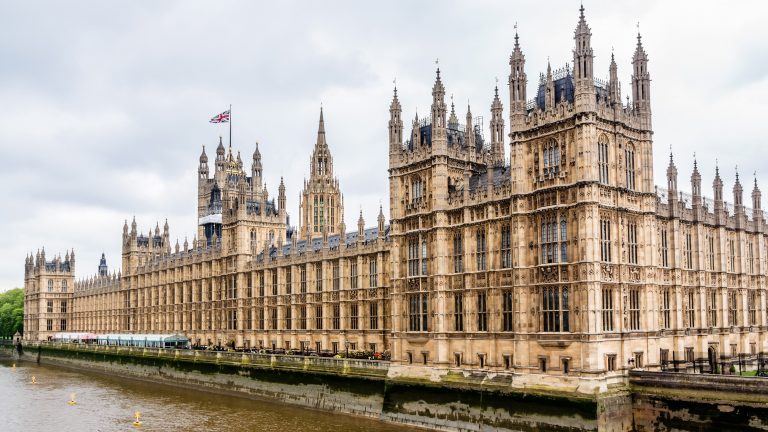
A groundbreaking new report by the Good Growth Foundation (GGF) argues that Britain’s immigration debate has missed the real issue — the nation’s widening skills gap.
In Take Back Control: How Solving the UK’s Skills Crisis Can Move the Political Dial on Immigration, the think-tank warns that public unease about immigration is deeply tied to a lack of access to training, career growth, and digital upskilling.
Former Home Secretary Lord David Blunkett, who wrote the foreword, says the answer lies in reconnecting immigration with opportunity:
“The public’s unease about immigration cannot be separated from their frustration about opportunity.”
A Bold Proposal: “Work-and-Teach” Visa to Build UK Skills
The GGF proposes an innovative new visa route that would require skilled migrants to train and mentor UK workers as part of their job.
Under this “work-and-teach” model, employers sponsoring international talent would commit a portion of each migrant’s role to knowledge transfer, apprenticeships, or mentorship in British workplaces and colleges.
Polling conducted for the report shows that when migration is linked directly to skills transfer, public concern over immigration drops dramatically — from 40% to just 22% among those surveyed.
“If immigration is seen as building British capability, not replacing it, the debate shifts from threat to partnership,” the report states.
Key Findings: What Britons Really Want
- 63% of respondents say adult and lifelong learning would have the most positive impact on the UK’s future.
- Only 43% trust their local colleges to provide high-quality training aligned with job needs.
- 41% blame reduced government funding for limited learning opportunities.
- 52% believe employers fail to provide enough apprenticeships or structured skills training.
The findings paint a picture of a country eager for growth — but lacking the pathways to make it happen.
Why This Matters for Britain’s Economy and Politics
The report warns that the UK’s current approach to immigration and skills is short-sighted. While the economy relies heavily on skilled migrants, the failure to connect migration with homegrown skills development has fueled resentment and stalled productivity.
By linking migration policy to domestic upskilling, GGF argues the government could not only reduce tensions but also drive inclusive economic growth.
“When people feel locked out of progress, resentment grows; when they see investment in skills and prospects, confidence returns,” writes Blunkett.
Policy Recommendations from the Report
- Create a “Work-and-Teach” Visa Route: Skilled migrants would dedicate a portion of their employment to mentoring or training UK staff.
- Tie Employer Sponsorships to Skills Transfer Plans: Companies hiring from abroad must outline how they’ll contribute to domestic skill-building.
- Increase Transparency on Immigration Skills Charges: The report calls for clear public reporting on how visa levies are reinvested into training.
- Strengthen Partnerships Between Employers and Colleges: Encourage collaboration to make upskilling measurable and impactful.
The Challenges Ahead
While visionary, the proposal demands major policy coordination between the Home Office, Department for Education, and industry. It also requires renewed confidence in further education institutions, which many Britons still distrust.
Still, GGF insists this approach could be a game-changer: turning immigration into a vehicle for national renewal, not division.
A New Way Forward
Take Back Control doesn’t call for fewer migrants — it calls for smarter migration. By ensuring every skilled migrant helps train a new generation of British workers, the report offers a unifying blueprint for progress: a nation where migration, education, and opportunity work together.














